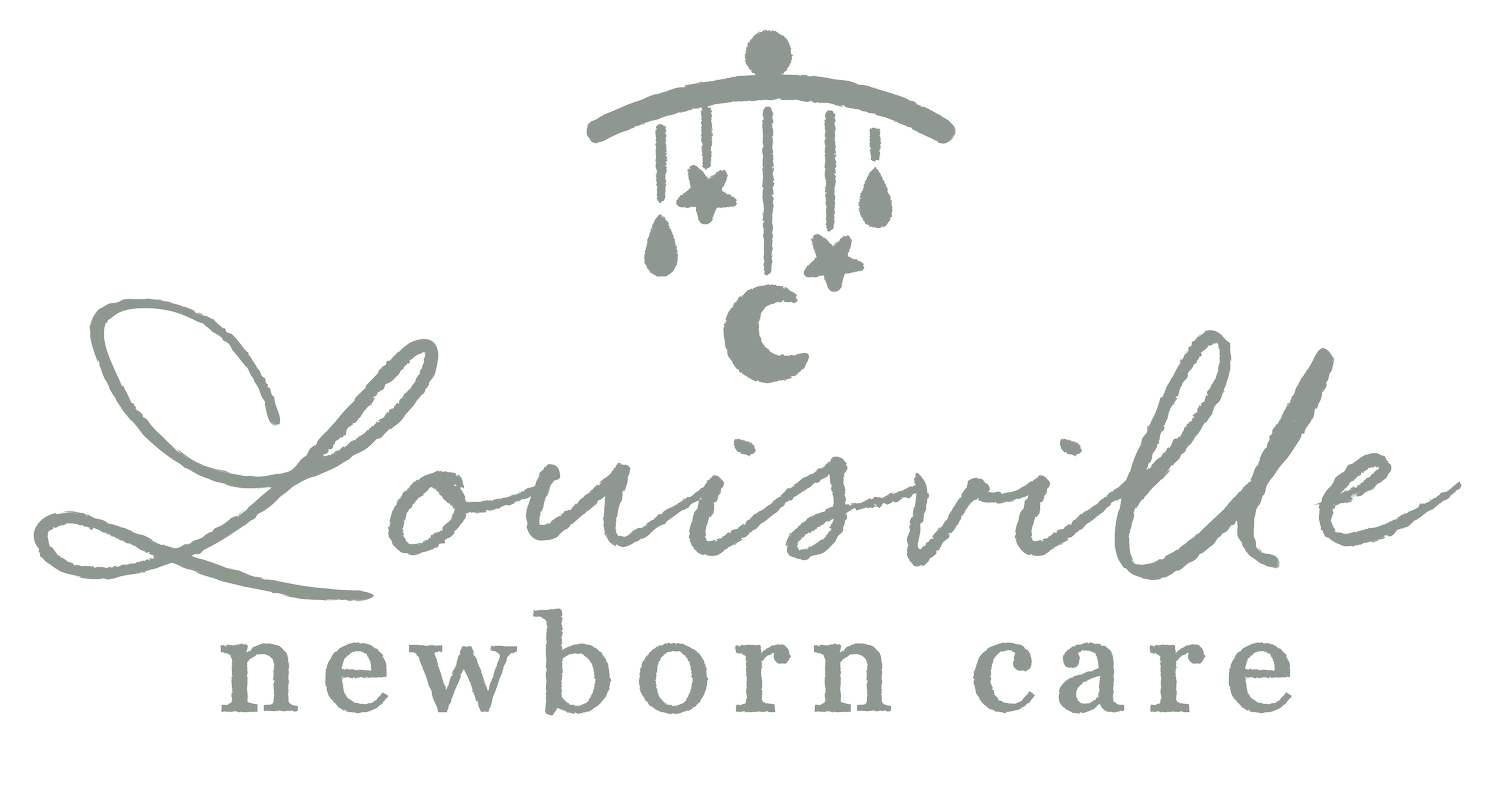The Importance of Good Sleep
Sleep is essential, especially during a time when the body is healing mentally and physically. When parents get good sleep we are able to see much better outcomes for physical healing, mental health, and the parent's relationship. It is important for all members of the family, including the baby!
Sleep results in better mental health outcomes.
Perinatal or postpartum mood and anxiety disorder (PMAD) is the term used to describe distressing feelings that occur during pregnancy (perinatal) and throughout the first year after pregnancy (postpartum). This is different from baby blues. Around 50 percent to 80 percent of new mothers experience mood swings during the first two to three weeks after giving birth, referred to as the “baby blues”.
If left untreated, PMADs adversely affect parental cognitions and beliefs, attachment to the infant, and the growing caregiver-infant relationship. PMADs affect early developmental outcomes of infants including developmental milestones. They can also lead to premature birth, risk of SIDs, and a need for neurodevelopmental or neurobehavioral support.
New York Times reports that “Postpartum depression and the larger group of maternal mental health conditions called perinatal mood and anxiety disorders are caused by neurobiological factors and environmental stressors. Pregnancy and the postpartum period are already vulnerable times for women due in part to the hormonal fluctuations accompanying pregnancy and delivery, as well as the sleep deprivation of the early postpartum period.”
We have several incredible mental health providers in Louisville, you can learn more about them and other postpartum supports here!
Sleep is important for infant development.
Sleep plays an incredibly important role in cognitive development, specifically cognitive functions such as memory, language, and executive function. Sleep also promotes memory. Getting adequate rest shifts initially weak memories into more stable memories.
Newborns are going through a phase of intense development and they need enough sleep to ensure this happens. Their brains are extremely active during rest, which sometimes can actually create a struggle to connect sleep cycles. On average a newborn infant will need to sleep for around 16-18 hours per day, sometimes more.
Sleep helps the immune system, for you and your baby!
Sleep strengthens immune memory. Inner workings of the immune system during sleep reinforce the immune system’s ability to remember how to recognize and react to dangerous antigens. Recent research has identified that a person’s circadian rhythm is involved in regulating the body’s reaction to allergens. When the circadian rhythm is disrupted, it may increase the likelihood and severity of allergic reactions. Studies have also found that when people don’t sleep the night after receiving a vaccine, the body’s immune response is weaker. People who get insufficient sleep may not give their bodies enough time to develop immunological memory, potentially leaving them unprotected despite having been vaccinated.
Sleep promotes emotional regulation.
Poor sleep whether in infants, children, and adults have been linked to more mental health problems, including depression, anxiety, and impulsive behaviors.
Academic Pediatrics found that children who get insufficient sleep in their toddler and preschool years old have a higher risk of poor emotional control, peer relationships, and attention at 7 years old. The researchers note that sleep during infancy often predicts sleep during later ages.
Sleep also plays a role in physical development.
Researchers believe baby’s sleepytime movements are linked to sensory and motor development too! Researchers at the University of Iowa found that sleeping babies between 3 and 7 months old produce a lot of sleep spindles, which are a specific pattern of brain waves, along the sensorimotor strip. This is where the brain processes sensory and motor information.
Despite all of the benefits of good sleep, it can feel impossible to actually achieve.
Practicing safe sleep is an important aspect of the care of a newborn for developmental, safety, and health reasons. There are plenty of ways to encourage a baby to be a good sleeper that still fall into the safe sleep-approved recommendations. Caregivers should research sleep props and tools prior to using them to make sure they are AAP recommended. It is important to remember the ABCs of sleep when putting an infant to bed (alone, on back, in crib). You can read more about safe sleep and setting a good foundation for your baby here!
If someone finds themselves in a situation where they are struggling to use the recommended sleep guidelines because they are over-tired or the methods just do not seem to be working for the baby it is important to consult with a professional. Hiring nighttime support can help alleviate the challenges in practicing safe sleep techniques that arise when families are overtired. It is important to remember that it is always okay to ask for help. It takes a village to raise a baby after all.
At Louisville Newborn Care, we service all of Louisville and surrounding areas, offering day and nighttime care. Our team is staffed with highly knowledgeable and experienced newborn care providers who are ready to work alongside you in developing a care plan for your newborn. We want you to feel empowered and knowledgeable in caring for your baby!
At night, we will provide you with sleep tips, feeding support, education on understanding your baby’s cues, and informational support that will help you through the daytime as well as the nights we are not there. We want you to wake up after a night with Louisville Newborn Care feeling ready for the day. You deserve to be present with your baby and not burdened by a lack of sleep or a long list of baby-related tasks.
Interested in learning more? Schedule a call today!
